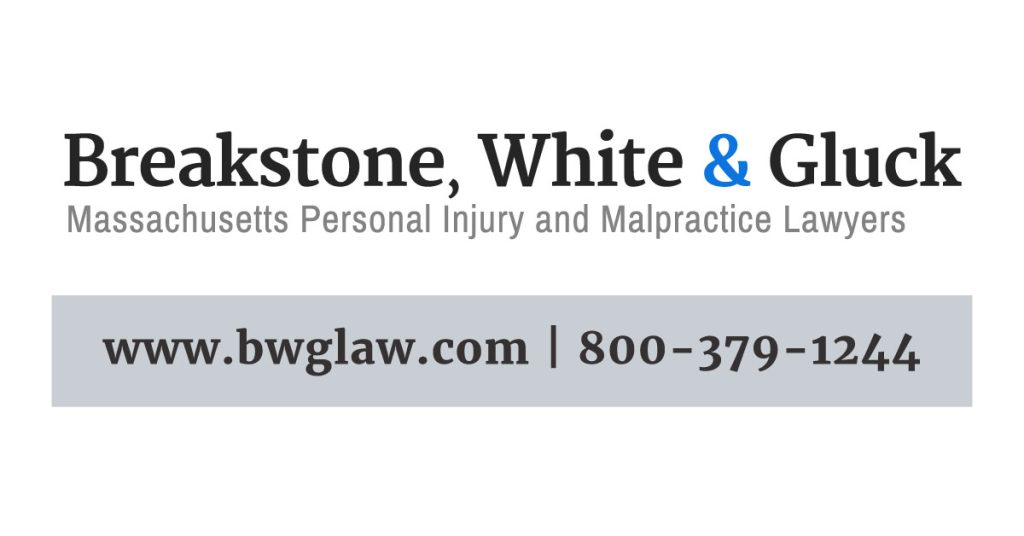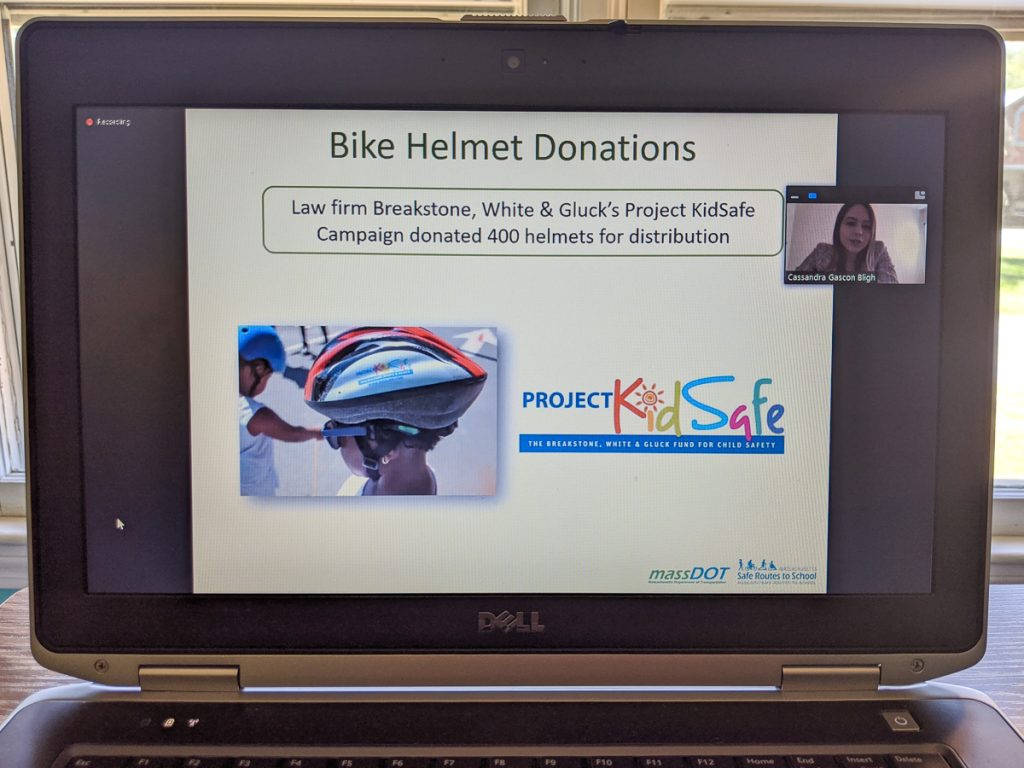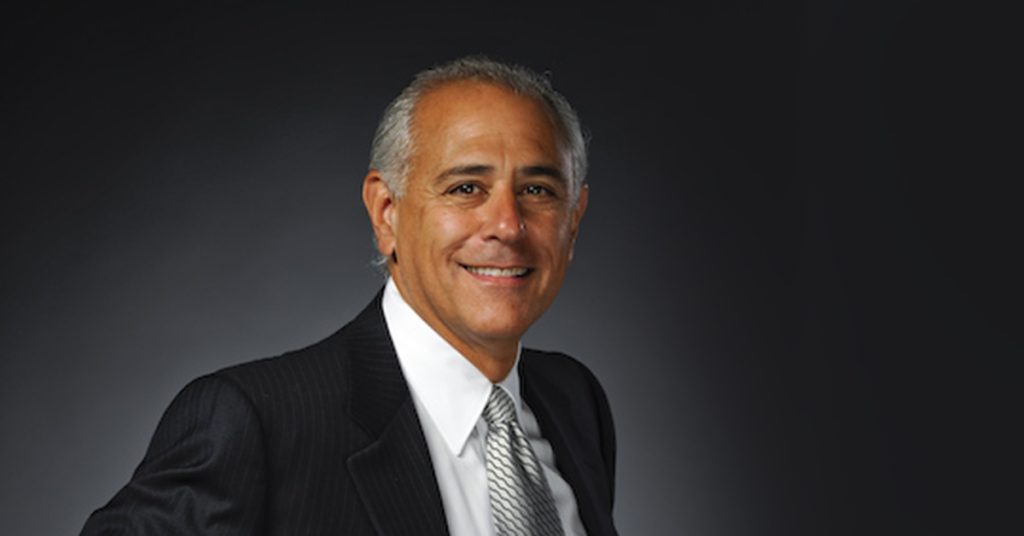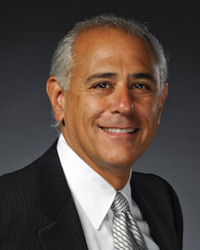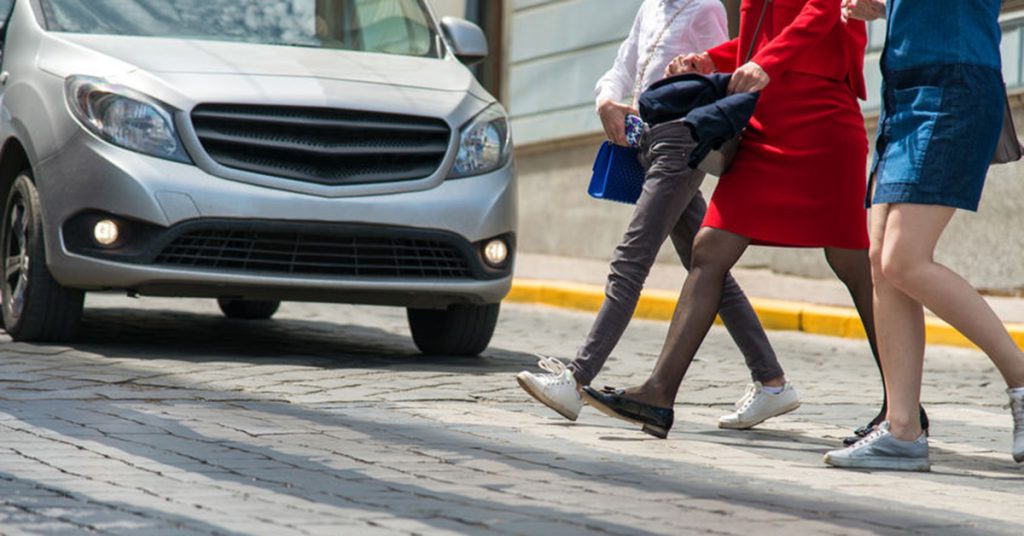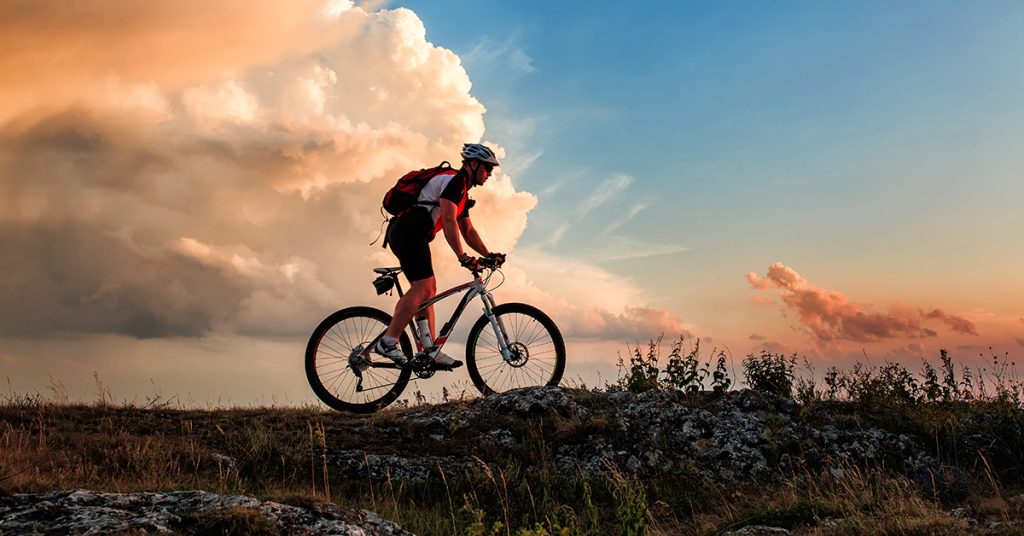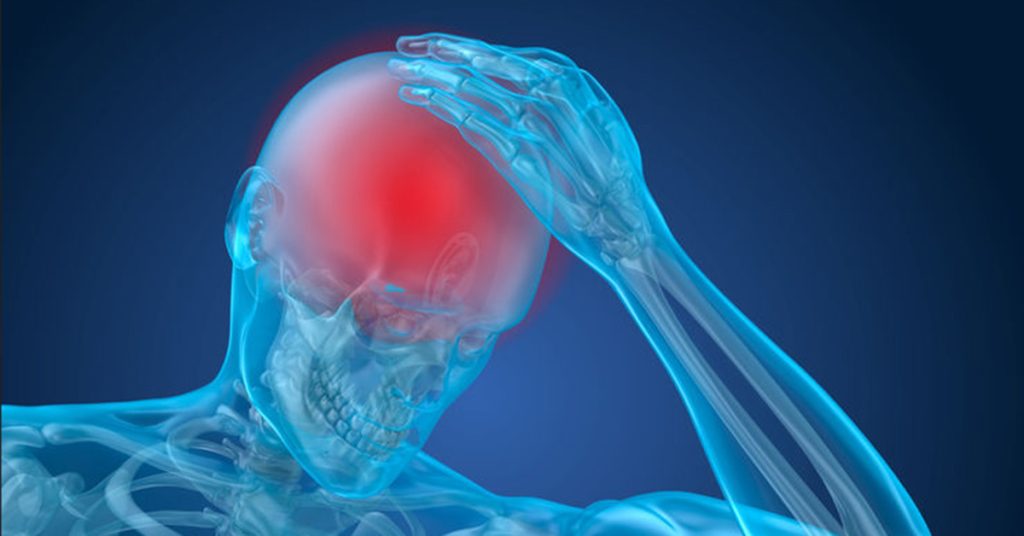Posts Tagged ‘“Boston personal injury lawyers”’
FDA Warns Public About Dangerous Hand Sanitizers
In Massachusetts, we are washing our hands and using hand sanitizers as much as we can. We all want to do our part to prevent the spread of COVID-19. But now, it’s time to check your supply of sanitizer. The Food and Drug Administration (FDA) is urging the public to steer clear of nine brands because they contain methanol, a toxic substance.
Methanol is often used in industrial settings, where high concentrations of methanol vapor can lead to poisoning, according to the Centers for Disease Control and Prevention (CDC). It is also called wood alcohol and is highly flammable.
Methanol can also be harmful when you handle it or absorb it through your skin, according to the FDA. The greater risk, though, is children or adolescents who may drink or ingest hand sanitizer. Certain adults may also be at risk or may have consumed the clear liquid accidentally. Parents and caregivers should respond immediately if they suspect a methanol hand sanitizer poisoning.
The hand sanitizers identified by the FDA show particularly high levels of methanol. Testing found one product contacted 81 percent methanol and no ethanol.
The FDA had asked Eskbiochem SA de CV of Mexico to remove the hand sanitizers from the market last week. When there was no response, the FDA issued its public warning on Friday (June 19, 2020).
The FDA advises consumers to avoid these hand sanitizers:
- All-Clean Hand Sanitizer (NDC: 74589-002-01)
- Esk Biochem Hand Sanitizer (NDC: 74589-007-01)
- CleanCare NoGerm Advanced Hand Sanitizer 75% Alcohol (NDC: 74589-008-04)
- Lavar 70 Gel Hand Sanitizer (NDC: 74589-006-01)
- The Good Gel Antibacterial Gel Hand Sanitizer (NDC: 74589-010-10)
- CleanCare NoGerm Advanced Hand Sanitizer 80% Alcohol (NDC: 74589-005-03)
- CleanCare NoGerm Advanced Hand Sanitizer 75% Alcohol (NDC: 74589-009-01)
- CleanCare NoGerm Advanced Hand Sanitizer 80% Alcohol (NDC: 74589-003-01)
- Saniderm Advanced Hand Sanitizer (NDC: 74589-001-01)
The agency advised consumers to carefully inspect sanitizers in their home before use and immediately dispose of these in appropriate hazardous waste containers. Consumers should not flush sanitizer or pour it down the drain. Read the FDA notice.
Symptoms of Methanol Poisoning
Methanol exposure can lead to methanol poisoning and severe symptoms, starting with nausea, vomiting, headache and blurred vision. In the worst cases, those exposed can suffer permanent blindness, seizures, comas or permanent damage to the nervous system. Methanol poisoning can also result in death.
How Safe is Your Hand Sanitizer?
Hand sanitizer was in short supply for months. But you can now probably find your own bottle. If you use hand sanitizer, make a point to carry your own. Carefully read the label and regularly check the FDA website for recalls.
Hand sanitizer is a clear gel. It all looks the same, but each brand has a different alcohol content. For instance, your small pocket sanitizer probably has less alcohol than a nursing home or hospital, which has to meet greater fire safety regulations.
Our point is it would be hard to tell if you were being offered sanitizer with a high level of methanol or any dangerous substance. It’s better to control your own supply. Read about the FDA’s work to ensure the safety of hand sanitizers.
Wash Your Hands Safely
The FDA reminds consumers to regularly wash their hands often with soap and water for at least 20 seconds. When soap and water are unavailable, the CDC recommends an alcohol-based hand sanitizer which contains at least 60 percent ethanol. Visit the FDA’s website to learn more about hand sanitizer safety.
Free Legal Consultation – Boston Personal Injury Lawyers
Breakstone, White & Gluck has extensive experience representing those injured by defective products, including those which contain toxic chemical substances.
Manufacturers of cleaning supplies, hand sanitizers and detergents have a responsibility to produce safe products and conduct thorough testing before distribution. End users, including restaurants, industrial workplaces and labs, also have a responsibility to follow safety guidelines when using chemical products. Mishandling chemicals can lead to chemical exposure, fires or serving clients unsafe food and beverages.
If you have been injured by a chemical exposure or explosion, learn your legal rights. For a free legal consultation, contact Breakstone, White & Gluck at 800-379-1244 or 617-723-7676. You can also use our contact form.
Breakstone, White & Gluck’s Project KidSafe Campaigns Supports Boston Area Police Departments
In June, Breakstone, White & Gluck and our Project KidSafe campaign were pleased to donate children’s bicycle helmets to the Quincy Police Department, Brockton Police Department and the Braintree Police Department.
Read about our donation to Quincy Police in the Quincy Sun newspaper.
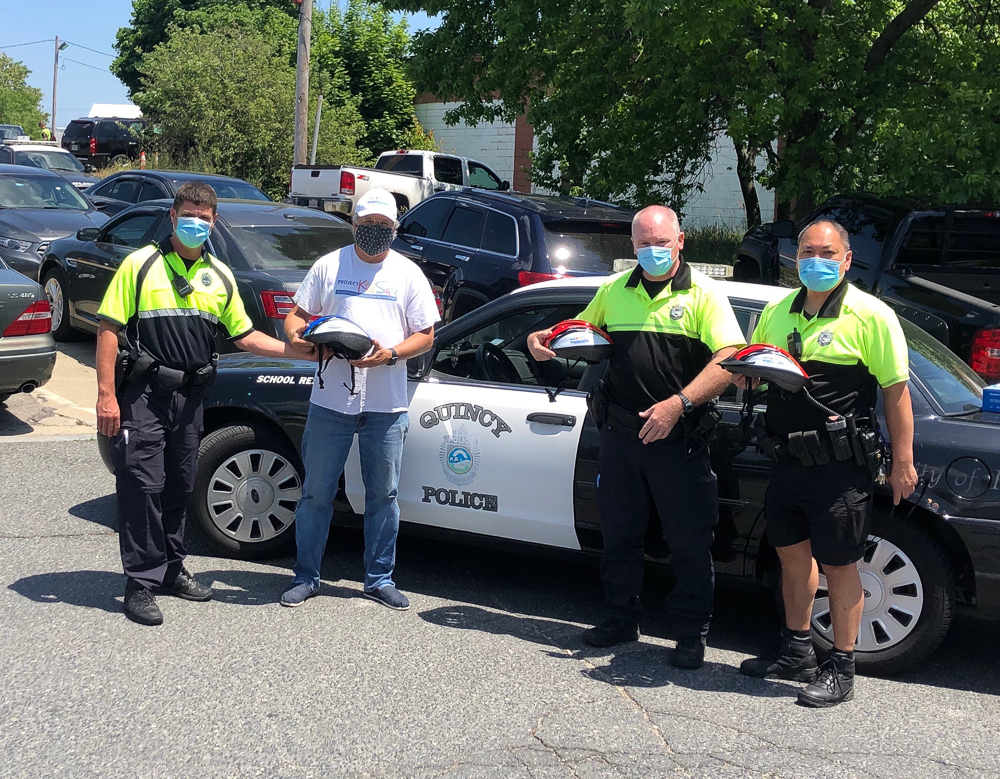
Breakstone, White & Gluck donated 200 children’s bicycle helmets to the Quincy Police Department, for distribution to local children in 2020. Pictured (L-R): Officer G. Hartnett, Atty. David White, Officer Whedbee and Officer Mar. Photo Courtesy Quincy Police Dept.
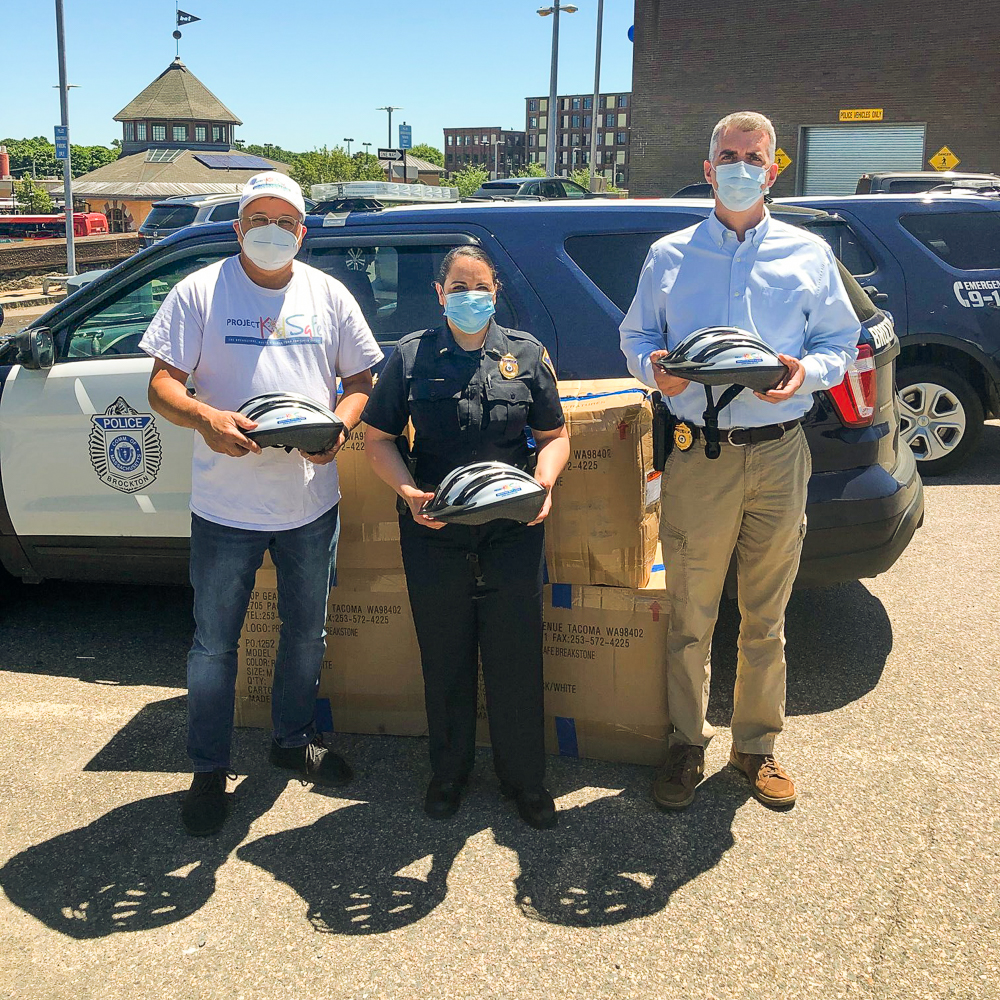
PHOTO COURTESY: Brockton Police Facebook– (From left:) Attorney David W. White, with Brockton Police Lt. Brenda Perez and Sgt. Will Schlieman
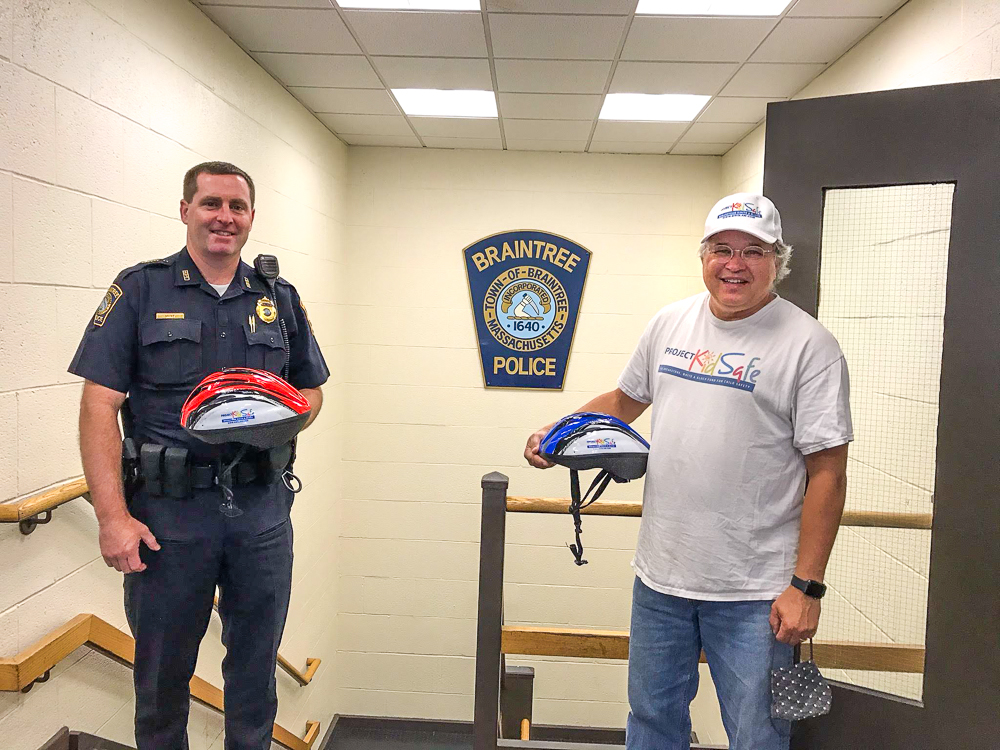
Left to right: Braintree Police Deputy Chief Michael Want receives Project KidSafe bicycle helmet donation and Attorney David W. White of Breakstone, White & Gluck.
About Breakstone, White & Gluck & Project KidSafe
Breakstone, White & Gluck is a top-rated Boston personal injury law firm serving all of Massachusetts. Our attorneys founded our Project KidSafe campaign in 2013, with a goal of protecting children from head injuries. Toward that goal, we have now donated 30,000 bicycle helmets to children in the Boston area, with help from more than 50 community partners.
Under Massachusetts law, cyclists who are 16 and younger are required to wear helmets to protect themselves. To learn more, we have posted a video and other materials on our website: www.bwglaw.com/project-kidsafe/.
Learn more about Breakstone, White & Gluck and our Project KidSafe campaign.
Massachusetts Safe Routes to School Recognizes Project KidSafe Bike Helmet Donation
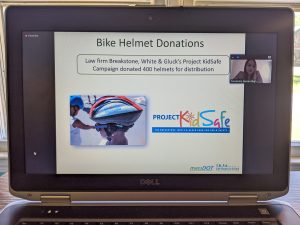
For the 6th year, Breakstone, White & Gluck and our Project KidSafe campaign are pleased to support Massachusetts Safe Routes to School. Once again, our attorneys have committed to donating 400 bicycle helmets to Safe Routes. From there, the Safe Routes coordinators will give the helmets to low-income children who want to participate in bike safety training and bike rodeos.
This morning, Massachusetts Safe Routes to School held its annual awards ceremony to honor schools and teachers which have excelled in reaching their walking and biking goals for children. Stephanie Pollack, secretary and CEO of the Massachusetts Department of Transportation (MassDOT), was the featured speaker. Before announcing the awards, Massachusetts Safe Routes to School thanked Breakstone, White & Gluck for our donation.
This is Massachusetts Safe Routes to School’s 15th anniversary. For those who don’t know, Massachusetts Safe Routes to School is a federally funded initiative of the MassDOT. Over 15 years, it has offered biking and pedestrian safety program to children in 237 communities and reached more than 420,000 students. Schools are committed to the programming. Safe Routes now has 920 partner schools. View this year’s awards list.
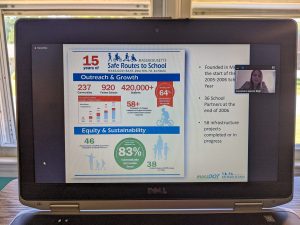 About Breakstone, White & Gluck – Commitment to Bike Safety
About Breakstone, White & Gluck – Commitment to Bike Safety
The Boston personal injury lawyers at Breakstone, White & Gluck are committed to safety and preventing head injuries. Through our Project KidSafe campaign, we have donated 30,000 children’s bicycle helmets across Massachusetts. We founded our campaign in 2013 and have since partnered with Massachusetts Safe Routes to School, local police departments, bicycle committees and community groups. Our goal has been to work with community partners who really care and are committed to bicycle safety and preventing head injuries.
In Massachusetts, cyclists under age 17 must wear bicycle helmets. But every cyclist is encouraged to wear a helmet. We hope you are never injured on a bike, but you can recover from many injuries. Head injuries can be fatal and it is important to protect yourself.
Commit to wear a bicycle helmet every time you ride. Helmet use has been estimated to reduce the chances of head injury by 50 percent and the chances of head, face or neck injury by 33 percent, according to the Insurance Institute for Highway Safety.
Attorney Ron Gluck Writes: “Underinsured Motorist Coverage: Protect Yourself and Your Family”
Attorney Ron Gluck recently authored an article, “Underinsured Motorist Coverage: Protect Yourself and Your Family,” which was published in the Charles River Wheelers newsletter, WheelPeople. He writes that readers may be surprised to learn this coverage can protect every member of their household when driving, riding as a passenger or even outside a vehicle, when cycling, walking or going for a jog. But there are a few essentials to understand before you buy.
Learn more about Attorney Ron Gluck.
In Massachusetts, Less Traffic Congestion, But Drivers are Speeding Dangerously Down Open Roads
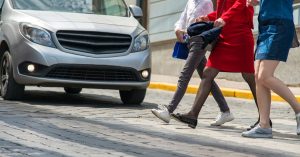
In Massachusetts, traffic is lighter during the COVID-19 emergency, but drivers are being warned to slow down.
During the COVID-19 emergency, Massachusetts residents are getting an unprecedented look at life without traffic congestion. With fewer cars out, there have been fewer accidents. But the drivers who are out have been speeding down open streets. State transportation officials say the high speeds are contributing to traffic fatalities.
The rate of traffic fatalities doubled in April, when traffic dropped by 50 percent on some highways, according the Massachusetts Department of Transportation (or MassDOT). The Boston Globe reported that 28 people died in April, compared to 27 during April 2019, when there was no disruption to traffic.
Speeding and distracted driving have contributed to fatal accidents. According to MassDOT, the fatal crashes resulted in the deaths of drivers, passengers, two motorcyclists and three pedestrians. In Boston, a cyclist was killed by a large truck near Massachusetts and Harrison avenues.
In Boston, Mayor Marty Walsh urged drivers to slow down during his briefing last week. News briefing posted May 1.
“With less traffic, what we’re starting to see is increased speed,” Walsh said. “So the crashes that do happen have been more severe due to the high speed impacts. Even an increase of four to five miles per hour can make a big difference in terms of injuries and possible death.”
The MassDOT did not provide overall crash data for last month. Preliminary data shows two-thirds of crashes happened on local roads.
When traveling in their communities, drivers must remember that they share the road with cyclists and pedestrians. Right now, there are more people out, of all ages. It is essential to stop at crosswalks, yield to pedestrians and drive slowly.
It is also essential to watch for cyclists and practice situational awareness, especially when turning at intersections. Remember that cyclists are allowed to travel in bike lanes, on the right side of the road or in the middle of the lane if necessary for safety. Because cyclists may need to change their lane (for example, to avoid an illegally parked car), it is important to provide cyclists with ample room to make safe decisions.
Just How Slowly Should You Drive?
As a first step, commit to follow the speed limit or travel even slower when necessary. By doing so, you leave yourself more time to stop and prevent a crash before it happens.
It is important to remember that you control your speed and research has found fatal injuries are less likely at lower speeds. Consider a driver who was traveling at 40 mph and hit a pedestrian. There is a 73 percent likelihood that the driver will cause the pedestrian severe injury or death, according to the Vision Zero safety campaign. At 30 mph, the risk for severe injury or death is reduced to 40 percent. At 20 mph, there is a 13 percent likelihood of causing severe injury or death.
Fewer Drivers, Fewer Tickets and Fewer Car Accidents
The Boston Globe reported on Massachusetts traffic activity on April 30th. As the state responds to COVID-19, there has been a dramatic decline in traffic, citations and accidents.
From March 23 to April 26, more than 2,600 car accidents were reported across Massachusetts. 12,000 car accidents were reported during the same period in 2019.
Another measure of driving activity is usually traffic citations or moving violations, such as speeding and parking violations. But during the first three weeks of April 2020, as residents stayed home and law enforcement responded to COVID-19, Massachusetts police departments issued 95 percent fewer tickets for moving violations compared to the same period in 2019.
While traffic remains light overall, Massachusetts State Police have also observed a “significant surge” in drivers speeding more than 100 mph, according to the Globe. Specifically, drivers have also complained about speeding on the MassPike. Now, the agency plans to increase patrols at random times and places.
Breakstone, White & Gluck – Boston Car Accident Lawyers
Free Legal Consultation
Breakstone, White & Gluck represents those who have been injured by the negligence of others in Massachusetts. Our personal injury attorneys provide experienced representation after motor vehicle accidents, including car accidents, truck crashes, pedestrian accidents and bicycle collisions.
Learn your legal rights after an accident. For a free legal consultation, contact Breakstone, White & Gluck. Call 800-379-1244 or 617-723-7676 or use our contact form.
COVID-19 Safety for Cyclists and Pedestrians in Boston and Massachusetts

Massachusetts safety groups share COVID-19 advisories for cyclists and pedestrians.
At Breakstone, White & Gluck, our attorneys encourage you to follow the Massachusetts “stay at home” advisory. When you go out for essential errands, the CDC advises you to wear a face mask and follow social distance guidelines, staying at least 6 feet apart from other people.
Yet it is also important to get outside for a few minutes of fresh air each day, even if you just stay in your own yard or walk down the street. With many of us so distressed, this can be hard to do, but if you are healthy and able, we have compiled these safety tips from the CDC, the Massachusetts Covid-19 website and bike and pedestrian groups we support.
Massachusetts Stay at Home Advisory
State officials have advised light exercise, such as a walk or run around your neighborhood, is acceptable but you have to follow social distancing and other guidelines. Playing close contact sports with others is against the state guidelines. Mass DPH Health Advisory: Stay at Home (March 24, 2020).
MassBike
MassBike issued a COVID-19 safety update, dated April 19, 2020, saying its response has generally been to follow the Massachusetts Governor’s Office and the Centers for Disease Control. Cyclists can ride, “But MassBike certainly agrees with, and wants to reiterate, the official message of #StayHomeSaveLives. We encourage you all to stay home as best you can.”
MassBike’s safety tips included:
- Never ride if you are ill or are experiencing of COVID-19.
- Ride solo or only with others you live with.
- Wear a mask.
- Carry your supplies so you can avoid stopping and and interacting with people.
- Look for a place where others are not riding.
- Ride with caution.
The CDC recommends people stay at least six feet apart, but how can you measure distance when you are moving? That’s a good question and in its post, MassBike mentioned a Belgium study on social distancing on bikes. The study advises people to walk about 12-15 feet away to maintain safe social distancing or about 30 feet for running and slow biking. When cycling fast, bicyclists should keep at least 60 feet apart.
Boston Cyclists Union
The Boston Cyclists Union says yes, cyclists can still ride. If you do, the organization recommends riding alone or only with others in your home. It also suggests wearing a mask to protect yourselves and others. Read the Boston Cyclists Union advisory, April 1, 2020.
WalkBoston
WalkBoston released an update on March 27, 2020. It also warned the public to practice social distancing when walking. The organization, active in Boston and across Massachusetts, offers a weekly email newsletter.
Massachusetts City and Town Advisories on Expanded Recreation Areas
Some communities are talking about opening up roads so pedestrians and cyclists have more room to exercise and follow social distance guidelines. In Brookline, the Transportation Board removed parking and traffic lanes and opened up parts of Beacon Street, Brookline Avenue and Harvard Street to pedestrians.
The City of Boston also closed three Department of Conservation and Recreation (DCR) parkways to traffic, giving pedestrians and cyclists more room. These include the William J. Day Boulevard, Francis Parkman Drive and Greenough Boulevard.
In Cambridge, the City Council was also considering closing roads along Memorial Drive.
Final Note:
In addition to taking COVID-19 safety precautions, cyclists must remember to follow fundamentals, such as always wearing a properly-fitted helmet and using rear and front lights on your bike. If you need a new helmet, supplies or a tune-up, local bike shops are considered “essential businesses” and are allowed to open. Finally, both cyclists and pedestrians can protect themselves by wearing brightly colored clothing or a neon safety vest to stand out. While traffic has decreased on many roads, there are still many drivers out and it’s important to be vigilant about safety.
If you are interested in learning more about bike safety, consider checking out our articles:
Other COVID-19 Resources
CDC Advisory on Protective Face Masks
State of Massachusetts COVID-19 Updates
Consumer Reports, “Bike Riding Safety During the Coronavirus Pandemic,” April 10, 2020
Free Legal Consultation – Boston Personal Injury Lawyers
Breakstone, White & Gluck supports cycling and pedestrian safety in Massachusetts. Through our Project KidSafe campaign, we are committed to protecting children on bicycles from concussions and traumatic brain injuries.
If you have been injured, learn your legal rights. Breakstone, White & Gluck represents those injured by negligence and recklessness throughout Massachusetts, including in car accidents, truck accidents, motorcycle accidents, bicycle accidents and pedestrian accidents. For a free legal consultation, contact us at 800-379-1244 or 617-723-7676. You can also use our contact form.
COVID-19 Update for New and Existing Clients
Breakstone, White & Gluck is open. Here is our latest update on how we are serving clients during the COVID-19 crisis: www.bwglaw.com/covid-19.
COVID-19: How Can You Help in Massachusetts?
 We all want to get through the COVID-19 crisis. The best way to make a positive impact is to stay home as much as possible. As you wait it out, remember you are living with temporary restrictions. But there are still some important steps you can take to help yourself, your family, community and local businesses now and in the weeks to come.
We all want to get through the COVID-19 crisis. The best way to make a positive impact is to stay home as much as possible. As you wait it out, remember you are living with temporary restrictions. But there are still some important steps you can take to help yourself, your family, community and local businesses now and in the weeks to come.
Wash Your Hands. This is a critical step, especially now. Read the CDC’s page, “When and How to Wash Your Hands.”
Protect Your Home and Family Members. The CDC has published an easy-to-print COVID-19 household checklist. Put this on your refrigerator or somewhere visible so everyone in your family can see it. Check out these other CDC advisories too: cleaning and protecting your home and managing stress and anxiety. Share these with family members so you can help each other keep up a routine, along with regular exercise and proper rest.
Social Distancing. Stay home as much as you can. If you have to go out, stay at least six feet away from others. Don’t shake hands, hug or make physical contact.
Look for COVID-19 Messages on Business Websites. Look for COVID-19 messages on websites – before you visit the grocery store, pharmacy or any business. Many businesses are closed due to Gov. Charlie Baker’s “Stay-at-Home” – Essential Services Only order. Grocery stores and pharmacies remain open as essential services. Do your part as a customer and follow their guidelines to protect their hardworking employees and the public.
Connect. Stay connected to friends and family, especially older adults who live alone. Not just by social media or text messaging. Make regular contact by phone or even better, through a video chat tool. This way you can really see and hear how your loved ones are doing – and if they need your help in some way.
Follow State and Local Orders and Updates. As a Massachusetts resident, the best way to to stay informed is to watch the daily briefings from Gov. Charlie Baker. You can follow the Massachusetts state briefings on TV or online (www.mass.gov/covid19). You can also sign up for text messages (COVIDMA to 888-777). Another resource is the Massachusetts 211 website or you can call 2-1-1.
Also follow your town, city or child’s school on Facebook and local websites. Sign up for email newsletters. If you have an older parent – or a grown child living away from home – sign up for alerts about their community as well. Mention these notices to them and ask if they need help following the orders.
Housing. You should not have to move during this time. Landlords should not pursue evictions. The Housing Court has rescheduled all non-emergency matters until April 21, 2020 or later. The court vacated all default judgments entered between March 1 and April 21.
Everyone is struggling right now. Keep your cool, but also keep good records. Ask your landlord to put any instruction or request in writing even if that’s not your normal practice. Digitally file all e-mails or letters by date so you can easily access them (save them as PDF files). Still take photos and report serious safety violations so you are safe staying in your apartment.
Encourage family members who rent to keep neat files too – and ask them to share communications with their landlords with you as they come in. This way, you will know if they are safe, if you need to help and you won’t have to play catch up learning what happened.
This is also a stressful time for homeowners. Again, take a deep breath and remember you have legal rights. In Massachusetts, to start foreclosure, a mortgage lender must issue a homeowner a default notice and a 90-day “right-to-cure” period, during which you must make all your missed payments. Homeowners can also use this time to apply for a loan modification.
Legal Assistance. Breakstone, White & Gluck may be able to assist you with an injury claim. But there are many issues arising during the COVID-19 outbreak – about unemployment, housing, health insurance and other public benefits. During the COVID-19 outbreak, look online first. If you have a question, visit the Massachusetts Legal Answers website, operated by the American Bar Association.
If you would like to consult an attorney, visit the Massachusetts Bar Association Lawyer Referral Service.
Another resource is Attorney General Maura Healey’s office, which accepts consumer complaints and can help explain your legal rights. Having trouble with a certain company? Call and ask how many others have lodged the same complaint and what steps you can take.
These resources can help you gain a few insights about Massachusetts law so you can decide whether you need a lawyer. With those insights, good record keeping and a commitment to be patient, you may be able to handle your problem without a lawyer.
Donate Blood. The American Red Cross is looking for healthy individuals to donate blood or platelets.
You can help by making an appointment to donate. Visit the American Red Cross website and search for blood drives in your area. Be prepared to be flexible and schedule an appointment a few days or weeks out due to the emergency situation. The American Red Cross has outlined safety protocols for collecting blood during the COVID-19 crisis. It also offers American Red Cross mobile apps to help you track blood donation appointments and follow other relief work.
Make a Financial Donation. We understand there is great financial uncertainty right now. But if you can, consider these funds and organizations which are helping Massachusetts residents. If you can’t donate, visit their websites and keep their work in mind.
United Way Mass Bay and Merrimack Valley
Mayor’s Disaster Fund in Cambridge
You can read about more organizations in this Boston Globe article.
About Breakstone, White & Gluck
Our Boston personal injury lawyers have over 100 years combined experience representing those injured by the negligence of others. Recognized by Top 100 New England Super Lawyers, Breakstone, White & Gluck specializes in all areas of personal injury law, including medical malpractice, car accidents, pedestrian accidents, bicycle accidents, traumatic brain injuries, product liability, premises liability, construction accidents, chemical exposure and gas explosions.
Our attorneys are committed to serving our existing clients and new clients remotely during the COVID-19 state of emergency in Massachusetts. For a free legal consultation, please call 800-379-1244 or 617-723-7676. You can also use our contact form.
Message from Breakstone, White & Gluck: COVID-19 Update
Free Legal Consultation: 800-379-1244
Main: 617-723-7676
During the Coronavirus (COVID-19) outbreak, we want to assure you that Breakstone, White & Gluck is committed to providing uninterrupted service to all of our clients. We will be limiting staff in our Boston office while state and federal advisories are in place. But our attorneys are available by phone and email to our clients. We will continue to provide free legal consultation and case review by phone.
Please call us at 617-723-7676 or toll-free at 800-379-1244. You can also contact us through our website, www.bwglaw.com.
Our Practice Areas:
- Personal Injury Law
- Medical Malpractice
- Wrongful Death
- Motor Vehicle Accidents
- Construction Site Accidents
- MBTA Accidents
- Gas Explosions
- Bicycle Accidents
- Dog Bites and Dog Attacks
- Truck Accidents
- Motorcycle Accidents
- Premises Liability Accidents
- Pedestrian Accidents
- Spinal Cord Injuries
- Train Accidents
- Product Liability
- Defective Medical Devices
- Brain Injuries
- Burn Injuries
- Head Injuries
- Bus Accidents
- Snow and Ice Accidents
- Escalator and Elevator Accidents
- Food Poisoning
- Swimming Pool Accidents
- Liquor Liability and Dram Shop
- Laser Hair Removal Injuries
- Chemical Exposure Accidents
March is Brain Injury Awareness Month
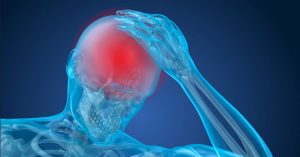
March is Brain Injury Awareness Month. Take the opportunity to learn
Today, there is greater awareness around brain injuries. As a result, many people are treating brain injuries earlier and living healthier lives.
The Centers for Disease Control and Prevention (CDC) observes Brain Injury Awareness Month in March, to provide education about potential concussion symptoms, ongoing research and the needs of those living with a brain injury. This comes at the right time for families, as many children and teenagers plan to participate in spring sports.
Many brain injuries are caused by car accidents, falls or violence. But over the past decade, we have learned more about young children and student athletes suffering concussions on the sports field. In fact, from 2010 to 2016, nearly two million children were treated in emergency rooms for sports-related traumatic brain injuries (TBI), according to the CDC website. Sports associated with the highest number of ER visits: football, cycling, basketball, playground activities and soccer.
Among males 17 and younger, football was involved in 27 percent of all sports-related TBI visits to the ER, more than any other activity. In the same age group, females playing soccer, playground activities and basketball made the highest number of ER visits for TBI. Among children under 5, playground activity resulted in the most ER visits for TBI.
As we continue learning about injuries to children and student athletes, research continues to show older Americans are highly vulnerable to brain injuries. They are the most likely to be hospitalized for TBIs, according to the CDC.
At Breakstone, White & Gluck, our attorneys encourage you to look at the CDC website so you can be informed about the symptoms of traumatic brain injury and concussion. If you observe symptoms in yourself or your children, immediately call your doctor to be examined. Also guide older family members to medical treatment. This is paramount because a brain injury left untreated can result in long-term impairment or death. When someone receives immediate treatment, effective diagnosis and management early on is critical.
What is a Traumatic Brain Injury?
According to the CDC, a traumatic brain injury can be caused by a bump, blow or jolt to the head. There are traumatic brain injuries and mild traumatic brain injuries, which are often called concussions.
What are the Symptoms of a Traumatic Brain Injury?
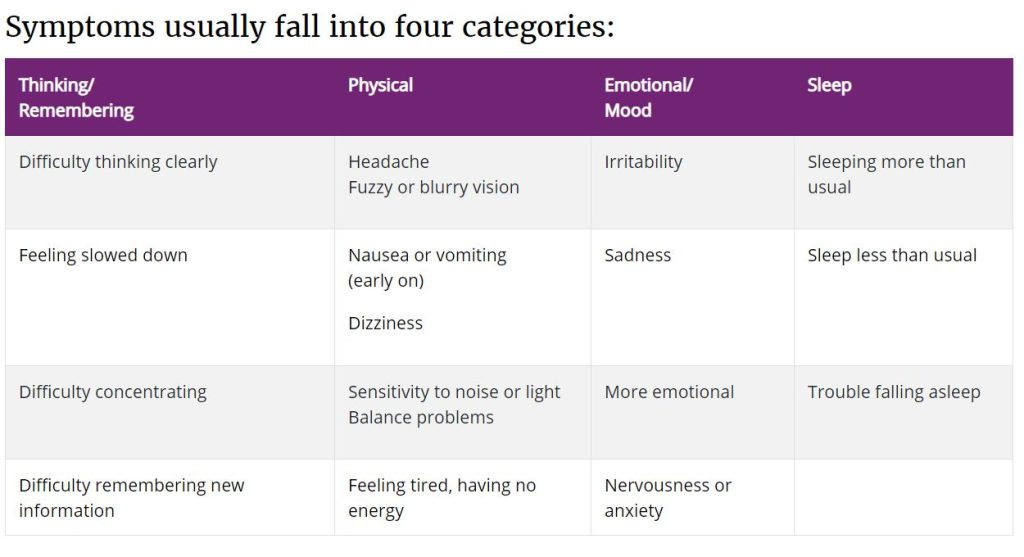
Concussion Symptoms. Courtesy CDC Website
You may observe some of these symptoms immediately after someone sustains a brain injury. Or symptoms may not emerge for several days. It’s also important to note that not everyone experiences the same symptoms.
Symptoms include difficulty thinking, concentrating or remembering or feeling slowed down.
Physical symptoms may include headaches, nausea, vomiting or fatigue. Some people are sensitive to noise or light. Others have trouble balancing themselves.
When someone suffers a head injury, it’s common for their sleep to be disrupted. They may sleep more or less than normal. Another sign is having trouble falling asleep. More extreme emotions are another symptom. The person may be irritable, sad, more emotional or exhibit high anxiety and nervousness.
Younger children may exhibit some of the above symptoms, but parents should also watch for crying inconsolably, more temper tantrums or getting easily upset and having trouble keeping up with skills they are learning (toilet training for instance). They may also lack interest in their normal activities.
Sports-Related Concussions and TBI in Massachusetts
Be aware of how concussions happen. After a car accident or truck accident, always receive immediate medical attention to make sure you have not suffered a TBI. When an elderly relative slips or a child falls on the playground, check in with the doctor. Do this anytime you observe someone suffer from any type of physical impact to the head.
When you sign your child up to play a sport, ask the coaches for the concussion protocol. In Massachusetts, middle and high schools are required to have documented procedures regarding concussion injuries and prevention. Passed in 2010, M.G.L. c.111 § 222 requires parents and students to participate in concussion awareness training so they can recognize symptoms and receive early treatment. The law also requires students to be removed from play if they may have suffered a concussion. They can only return with medical clearance.
Under the law, public middle and high schools and those subject to Massachusetts Interscholastic Athletic Association (MIAA) regulations must have concussion protocols. Other sports leagues are not required under Massachusetts law, but they should all have a concussion policy on their website.
Final Note
- At home, educate older children about TBI symptoms. Ask them questions when you sense something may be off and use the above chart to determine whether you may need to call the doctor.
- Ask for concussion safety protocols at schools and daycare centers, and when children participate in sports leagues. Attend concussion trainings.
- Watch younger children and older adults closely. Remember young children may not be able to communicate symptoms and pain with you and older adults may not recognize symptoms in themselves, especially if they have other medical conditions.
- Recruit as many family members as you can in watching for signs in young children, teens and the elderly.
- Visit some of the online resources below and share them with family members.
Concussion Prevention Resources for Families
Massachusetts Law on Concussion Prevention in Sports
105 CMR 201.00: Head injuries and concussions in extracurricular activities
Additional Resources
Heads Up to Brain Injury Awareness Training, CDC
Facts About Concussion and Brain Injury – Where to Get Help, CDC (a resource for all ages)
Sports Related Concussions and Head Injuries, Mass.gov
Concussion Trainings, Massachusetts Department of Public Health
Returning to School After a Concussion, Mass.gov
About Breakstone, White & Gluck – Boston Personal Injury Lawyers
With more than 100 years combined experience, Breakstone, White & Gluck of Boston is one of the most respected personal injury law firms in Massachusetts. Our attorneys represent individuals who have suffered traumatic brain injuries or mild traumatic brain injuries due to the negligence of another individual, organization or corporate entity.
If you have been injured, learn your legal rights for seeking financial compensation and obtaining medical care. For a free legal consultation, call Breakstone, White & Gluck at 800-379-1244 or 617-723-7676 or you can use our contact form.


